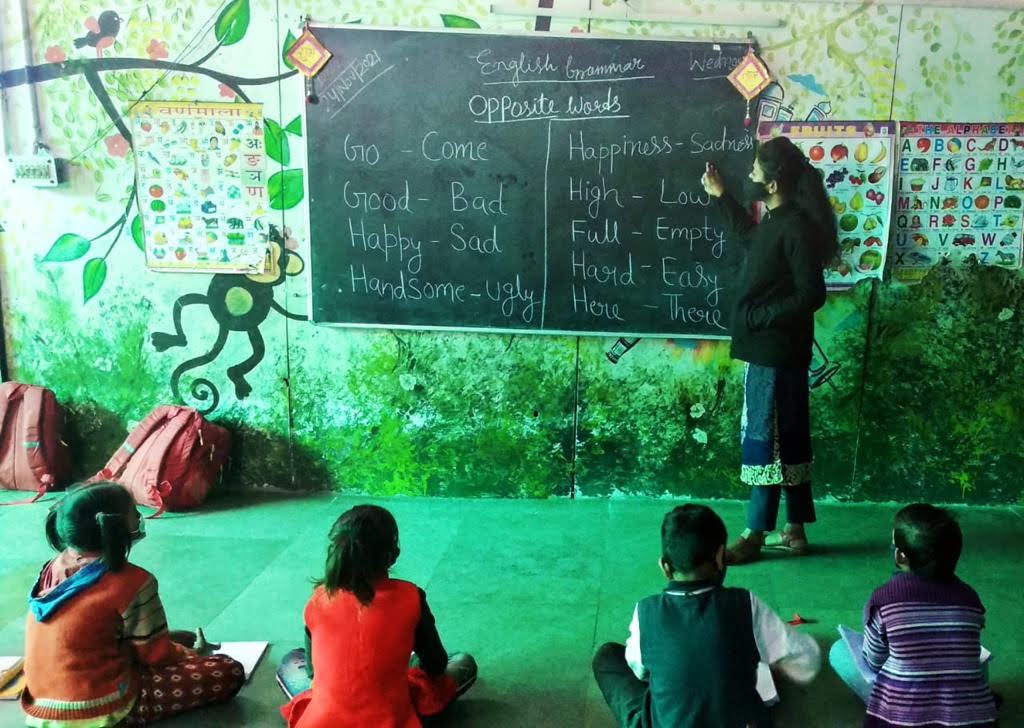Established by the United Nations in 2010, English Language Day 2022 honors and celebrates the insurmountable contribution of William Shakespeare to the English language.
English Language Day celebrates the beauty of English with all 7000 of its variations existing across the world today.
Viewed freely, the English language is the accretion and growth of every dialect, race, and range of time, and is both the free and compacted composition of all – Walt Whitman
Celebration
The UN Departmental of Global communications established English Language Day. Through this day, the United Nations aims to educate and inform about the increasing awareness and respect for English history, culture, and achievements. Easily the most broadly spoken language, English enjoys concepts, cultural influences, and adaption of words, amongst other things. Of the two working languages in the UN, English is one. To support its promotion, the UN conducts various activities and events such as book-reading, poetry exchanges, quizzes and more. This day is a global awareness program to celebrate English as a world language and a bridge language by speakers of other languages.
History and Significance
The date, 23rd April, was chosen as English Language Day to honor the life (1564-1616) of and work of William Shakespeare, the fabled English poet and writer. He shares this very day as his birth and death anniversary. Originated in medical England, 1500 years ago, the English language was known to only three tribes. Today, it is the lingua franca of the world. As the 3rd most widely known language, there are 360 million native speakers of English in the world.
About 75 countries recognize English as their official language. The main goal behind observing this UN language day is to promote its equal use and celebrate its multilingualism and cultural diversity. Celebration of this language increases its awareness and respect for the history and achievements of the language.
William Shakespeare and the English language
Shakespeare has had a significant influence on the development of the language with a said invention of around 1700 words that are used very commonly today. He had a vocabulary for 24,000 words, the most any writer has ever had. He created words like ‘lonely,’ ‘uncomfortable ‘, admirable,’ ‘blushing,’ ‘undress,’ ‘torture,’ ‘critic,’ ‘arch-villain,’ and many more. ‘Laughter’ was introduced in Merchant of Venice, a celebrated play by the writer, and Othello introduced ‘critical.’
Many words have their original citations attributed to Shakespeare in the Oxford dictionary because of their first recorded use in one of his works. As an essential part of their cultural education, most native as well as non-native speakers, have studied poetry and literature by Shakespeare.
Before Shakespeare, written English had not been standardized. There has been the standardization of grammar, spelling and vocabulary through his work. Not only words, but this master wordsmith has coined many common phrases that we use today. Works of great writers such as Alfred, William Faulkner, Charles Dickens, etc., are heavily influenced by Shakespeare’s works. Not only that, his writings are widely celebrated and recognized in theatre and films with varied adaptations and rework. The English language has seen a constant transition throughout its history, but the most consequential transformation can be accredited to William Shakespeare.
How you can celebrate English Language Day
The pandemic has severely affected the education of millions of students worldwide. More so in underdeveloped nations. Since COVID-19, many lesser-privileged students have had to drop out of school in India, thus, increasing illiteracy rates. The English language is recognized as a window to the world, making English, as a subject, a critical part of most schools’ curricula.
Today, learning how to read, write, and speak English is almost a necessity for the work culture, those who do so also have much higher chances of getting work opportunities. You can invest in children’s future by sponsoring their education and paving a way for their economic independence. Wishes and Blessings, an NGO based in Delhi, has an exclusive program to support children’s education with full accountability and transparency of donations spent.
Celebrate English Language Day towards a brighter future for the younger generation and witness them transform into the future Master Wordsmith!





